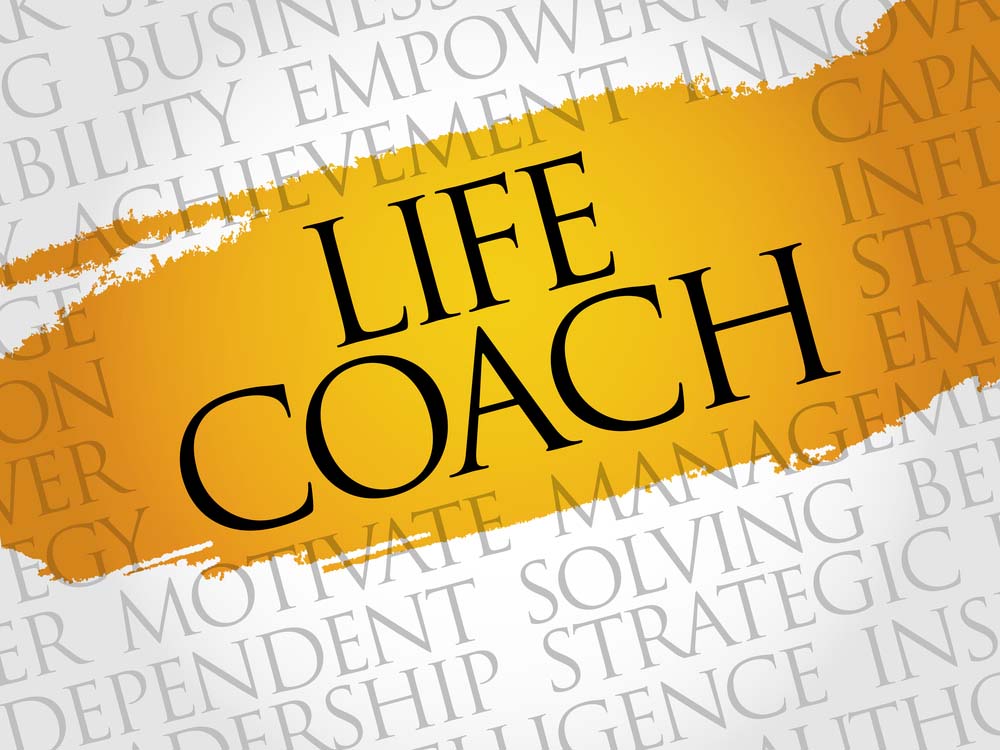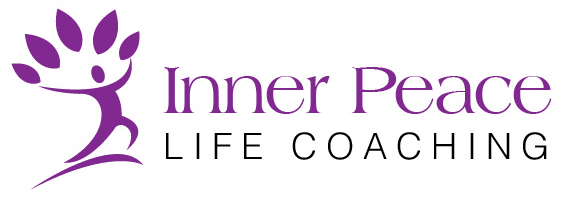The Rules of Parenting
Parenting can easily be considered as one of the most rewarding and challenging ventures with a whole gamut of unexpected occurrences that demand incredible amounts of patience and a quick wit. Barbara Johnson’s words are the perfect starting point when we talk about good parenting because they highlight one of the most remarkable elements which are non-negotiable in the world of parenting.

We live in the age of quick fixes, and it’s a tempting proposition to satisfy a child’s needs immediately no matter how ridiculous the proposition is. Money can fix everything, they say. Well, not in the parenting world.
Effective parenting isn’t found in any rulebook. It’s learned gradually. Every day of your kid is a new day for both the child and also the parent. Sometimes it involves research and at other times it involves multiple trials. It involves countless tears and unexpected roadblocks. But the results are compensation enough for the effort. Having witnessed children growing up in abusive homes and constantly belittled in front of their siblings or teachers can have the most damaging impact that can easily spiral out of control without effective preventive mechanisms. And it’s almost unbelievable that we subject our children to unimaginable trauma by constantly pressurizing them to “measure up”. I feel it’s important to emphasize this point here in the words of Ben Stein, “Screaming at children over their grades, especially to the point of the child’s tears, is child abuse, pure and simple. It’s not funny and it’s not good parenting.” A child with a learning disability is dealing with his own demons. He doesn’t need further validation about his deficit. He needs firm love. Sometimes the answers are pretty simple but our complicated set of beliefs and exhaustive knowledge about parenting does little to fix matters. In this age of quick fixes, we rely heavily upon guidebooks to show us the way, so to speak, but effective parenting is more about intent and an open mind that keeps the child’s best interests at heart.

When we talk about effective parenting, we almost ignore the importance of a committed married relationship. Children grow up to become responsible for balanced individuals when they witness the security of a loving home. The rising rates in divorce is a global epidemic, and that’s a whole different subject that demands in-depth analysis. Sociologists well understand that chaos at home causes violent behavior and social alienation among children. Suffice to say; committed partnerships lead to happy children.
Effective parenting doesn’t involve giving a set of principles to your children to follow. It’s leading by example. Fred Rogers brings the entire parenting deal in one simple statement, “If the day ever came when we were able to accept ourselves and our children exactly as we and they are, then, I believe, we would have come very close to an ultimate understanding of what good parenting means.
Sajid Ahamed is Grinder approved NLP Trainer in India and the Middle East. He has been running NLP Practitioner Courses in India and the Middle East. He has been coaching Clients for effective parenting skills and Enhancing Emotional intelligence. You can book a free session with him using the below link.
https://my.timetrade.com/book/LNX16
IPLC Team









